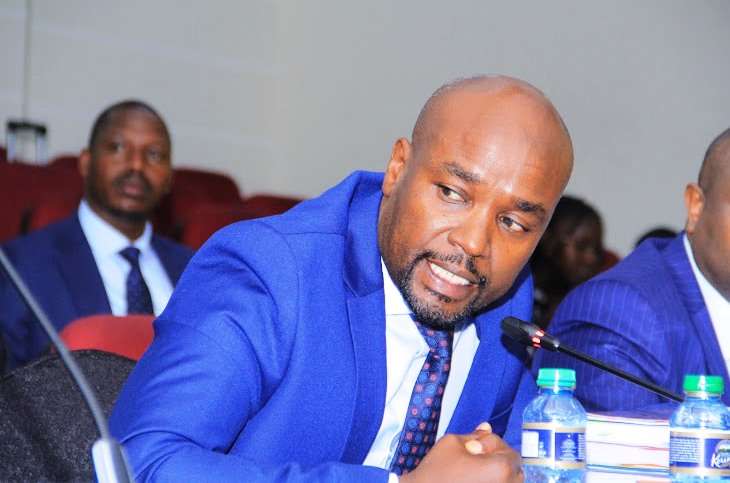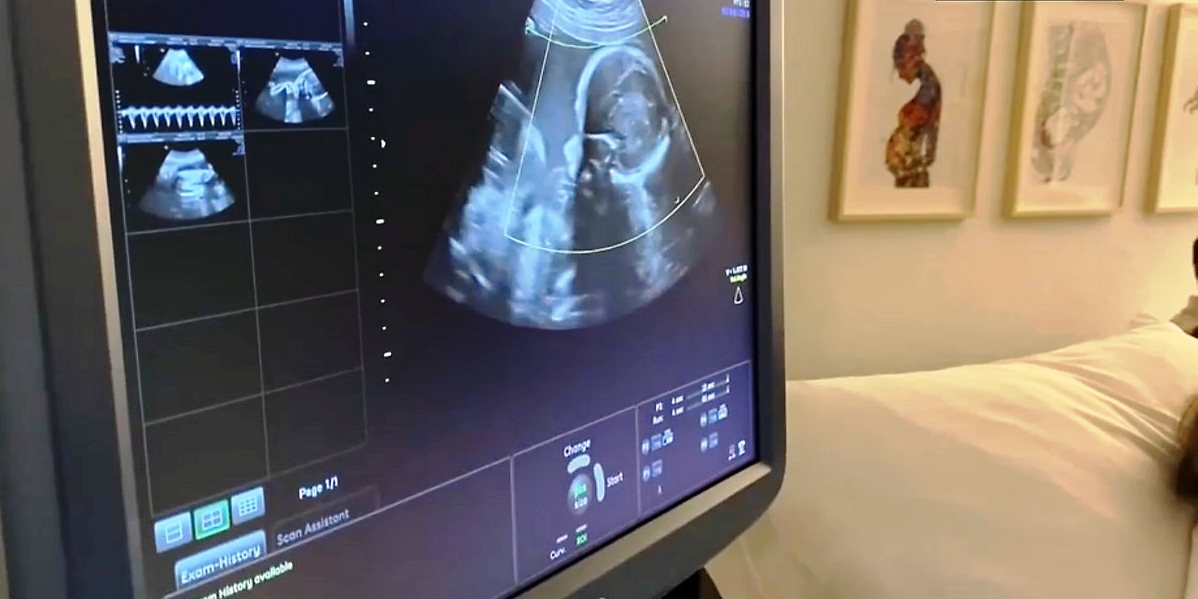Ms Mwawasi claimed she cohabited with Mr Kitendo from 2000, converted to Islam in 2011, and formalised their marriage under Islamic law, seeking inheritance for herself and her four children. Ms Pownali claimed a marriage in 2013 and sought inheritance for her son. Ms Faraj argued that, under Islamic law, children born out of wedlock are deemed illegitimate and thus ineligible to inherit, and she disputed the validity of the other claimants’ marriages.
In the High Court, Justice Onyiego ruled that Ms Faraj and Ms Mwawasi were widows entitled to inherit, but declared Ms Pownali’s marriage void due to a subsisting civil marriage. The court held that children born out of wedlock could inherit as dependants if paternity was established, ordering DNA tests for Ms Mwawasi’s and Ms Pownali’s children, except for Ms Mwawasi’s eldest child, SJ, who was ruled not to be the deceased’s biological child.
The Court of Appeal upheld the widows’ entitlements but overturned the DNA testing order, deeming it unnecessary. It ruled that excluding children born out of wedlock violated Articles 27 (equality and non-discrimination) and 53 (children’s rights) of the Constitution, affirming the inheritance rights of Ms Mwawasi’s three children (LK, HK, and TK) and Ms Pownali’s son (HM), as the deceased had treated them as his own.
Ms Faraj appealed to the Supreme Court, arguing that the Court of Appeal erred by prioritising constitutional equality over Islamic law, which, under Article 24(4), governs personal status, marriage, divorce, and inheritance for Muslims. She contended that Islamic law excludes children born out of wedlock from inheritance.
In a unanimous decision led by Chief Justice Martha Koome, the Supreme Court dismissed the appeal. The court held that Article 24(4) permits the application of Muslim law only “to the extent strictly necessary” and must align with the Constitution’s commitment to equality and children’s rights. Applying a proportionality test, the court found that excluding children born out of wedlock was discriminatory and unjust, penalising children for their parents’ marital status.
Citing Articles 27 and 53, the court emphasised that every child is entitled to parental care and protection, regardless of their parents’ marital status. It also referenced the African Charter on the Rights and Welfare of the Child, which prioritises the best interests of the child and prohibits discrimination based on birth status.
The court affirmed Ms Faraj and Ms Mwawasi as widows entitled to jointly administer the estate, recognising Ms Faraj’s four children, Ms Mwawasi’s three children (LK, HK, and TK), and Ms Pownali’s son (HM) as beneficiaries. The case was remitted to the High Court in Mombasa for determination of specific entitlements, to be handled urgently by a judge other than Justice Onyiego. Each party was ordered to bear their own costs, reflecting the case’s public interest significance.
This ruling is a pivotal step in harmonising religious law with Kenya’s constitutional framework. It underscores the primacy of equality and children’s rights, ensuring no child is disadvantaged due to their parents’ marital status. The decision sets a precedent for future succession disputes involving Muslim estates, affirming that constitutional principles prevail where religious laws conflict with fundamental rights.
By fostering inclusivity in Kenya’s pluralistic society, the judiciary has reaffirmed its role in interpreting religious laws in alignment with the Constitution’s transformative vision. The directive for prioritised resolution highlights the urgency of delivering justice, particularly for vulnerable children, in succession matters.
This ruling not only clarifies inheritance rights but also strengthens Kenya’s legal landscape, promoting fairness and equality for all.
[/full]





